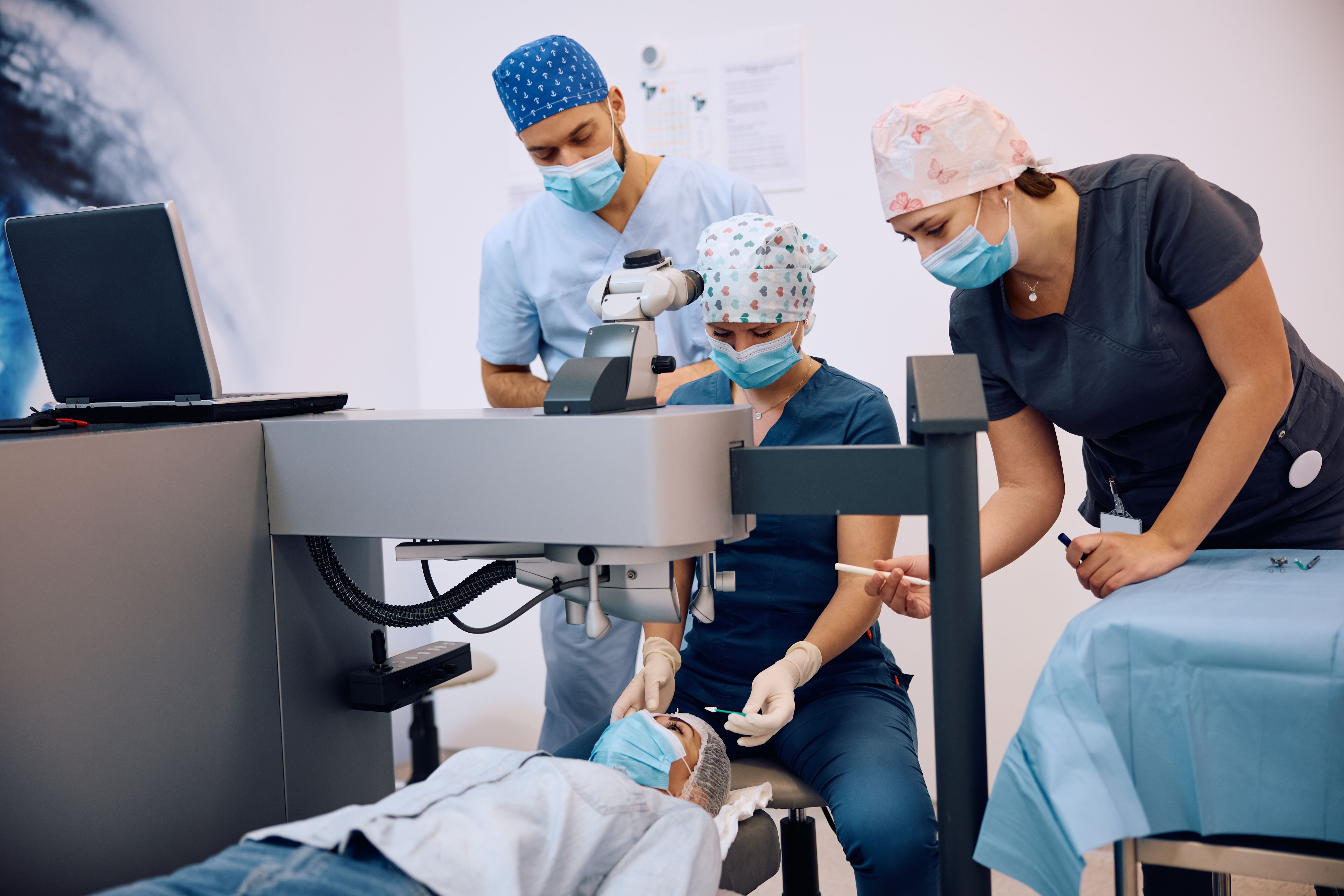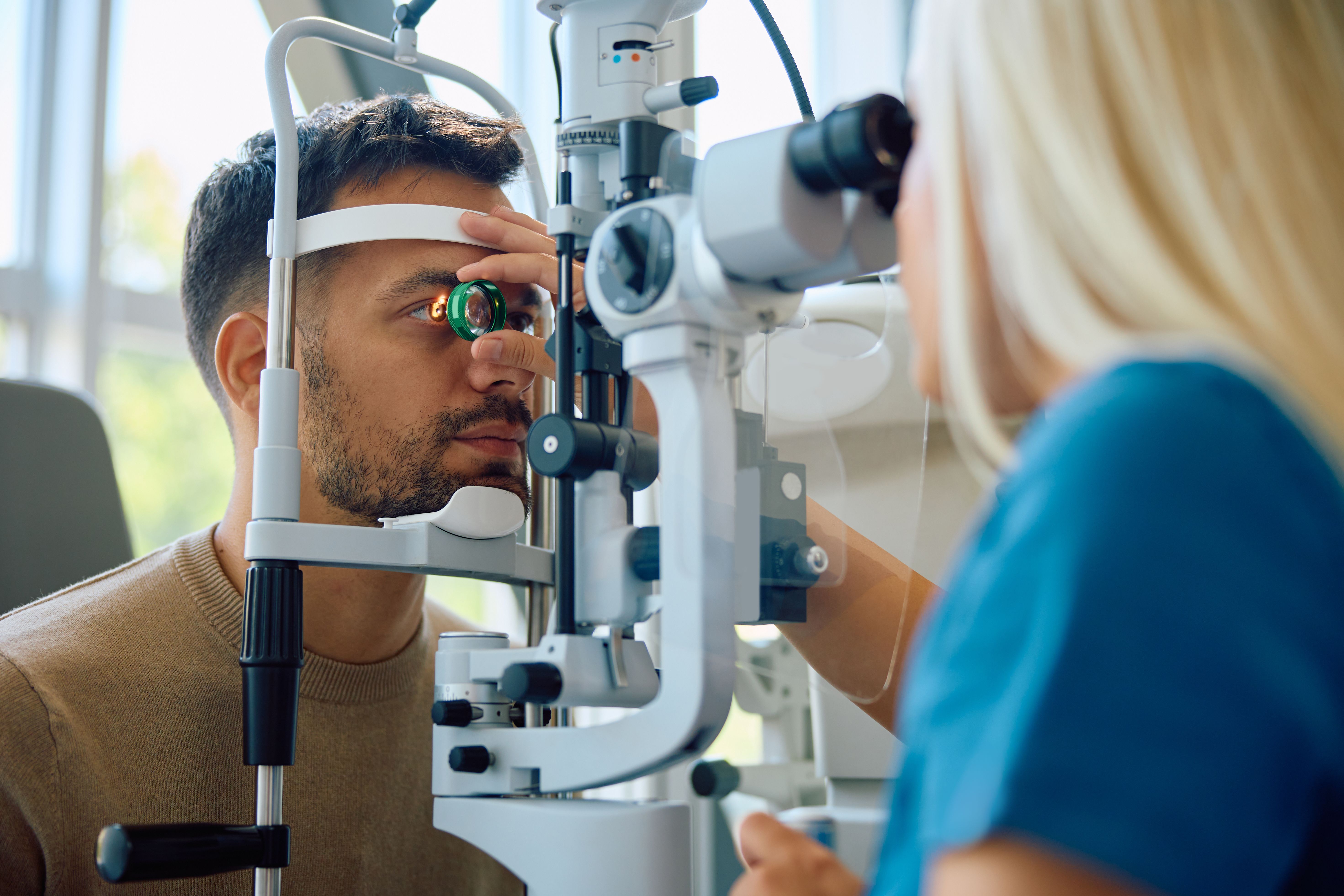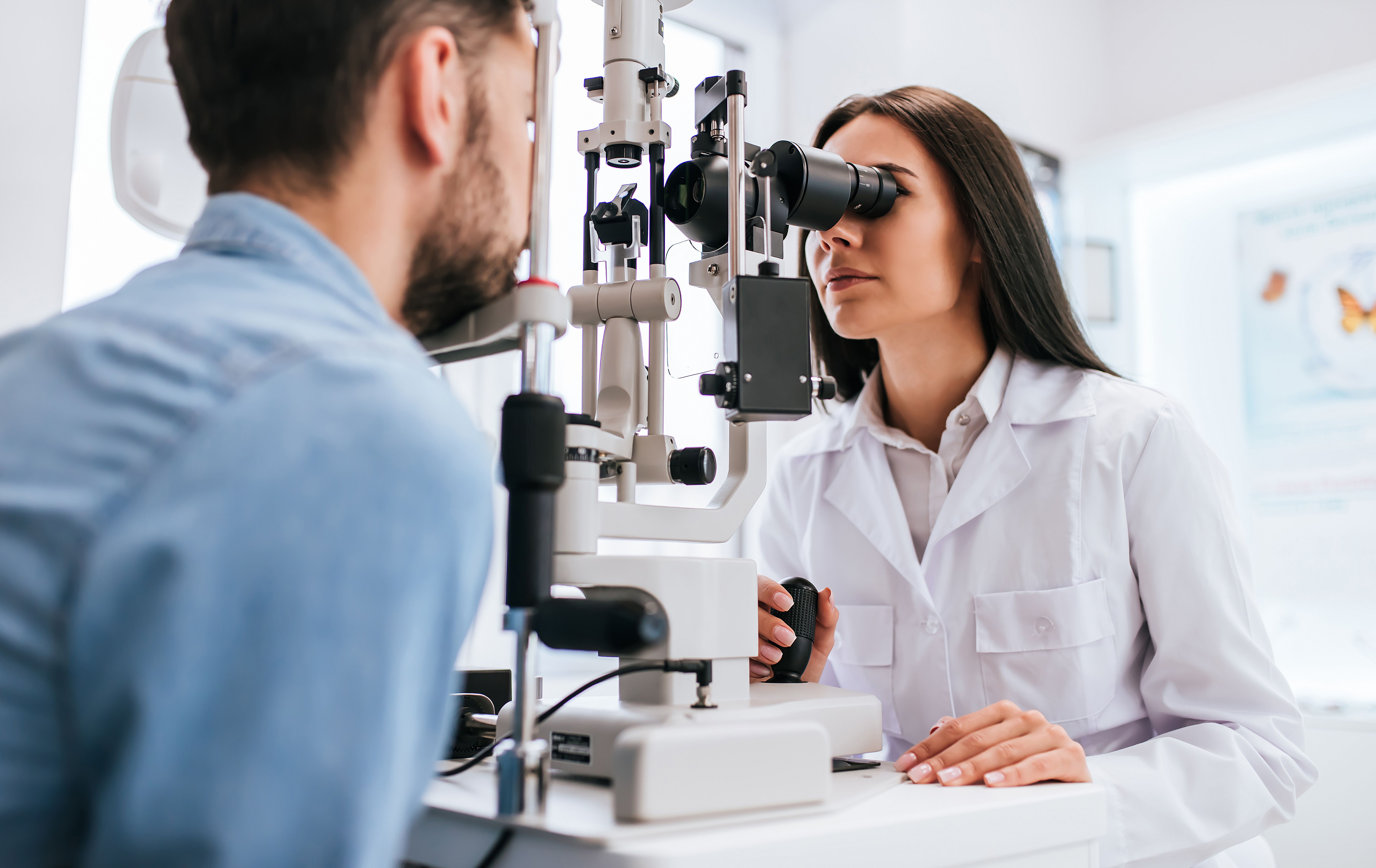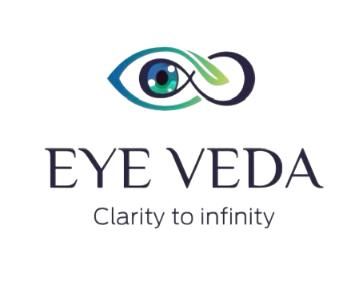Determining the Ideal Age for LASIK Surgery
Understanding LASIK Surgery
LASIK surgery has become a popular corrective procedure for those seeking freedom from glasses or contact lenses. LASIK, or Laser-Assisted In Situ Keratomileusis, reshapes the cornea to improve vision. While it can be life-changing, one of the most common questions is: "What is the ideal age for LASIK surgery?" Understanding this aspect is crucial for maximizing the benefits of the procedure.

Age Considerations for LASIK Surgery
While there isn't a one-size-fits-all answer, age plays a significant role in determining LASIK eligibility. Most ophthalmologists recommend that patients be at least 18 years old. This is because the vision can still be changing during teenage years, and stable vision is necessary for successful LASIK outcomes. However, waiting until the mid-20s may be beneficial as vision is more likely to have stabilized by then.
On the other end of the spectrum, older adults may face additional considerations. As people age, the eye's natural lens changes, often leading to conditions like presbyopia or cataracts, which can affect LASIK's effectiveness. Therefore, those over 40 should discuss with their ophthalmologist whether LASIK is still a suitable option.
Factors Influencing the Ideal Age
Several factors can influence the ideal age for undergoing LASIK surgery. These include:
- Vision Stability: A stable prescription for at least one to two years is usually required.
- Eye Health: The absence of eye diseases or conditions that could interfere with surgery.
- Lifestyle Needs: Consideration of how vision correction aligns with lifestyle and career needs.

The Impact of Lifestyle and Career
Your lifestyle and career can significantly affect the decision to undergo LASIK. For instance, athletes or individuals with active careers may benefit greatly from the procedure as it eliminates the inconvenience of glasses or contacts. Additionally, professions that require excellent uncorrected vision might find LASIK particularly advantageous.
Conversely, those whose professions involve extensive screen time should consider potential dry eye syndrome post-surgery, which may temporarily affect comfort and productivity.
Consulting with a Professional
The best way to determine if you're at an ideal age for LASIK is through a comprehensive consultation with an ophthalmologist. They will conduct a thorough eye exam to assess eligibility and discuss any potential risks or limitations specific to your age and health profile.

Long-Term Benefits and Considerations
LASIK is designed to offer long-term vision correction, but understanding its trajectory over time is vital. Particularly for younger patients, knowing that minor adjustments might be needed later in life can help manage expectations. Older adults should weigh the possibility of needing further procedures as they age.
Ultimately, while age is a crucial consideration for LASIK surgery, it is not the sole determinant. By evaluating personal health, lifestyle needs, and professional advice, individuals can make an informed decision about their readiness for this transformative procedure.
